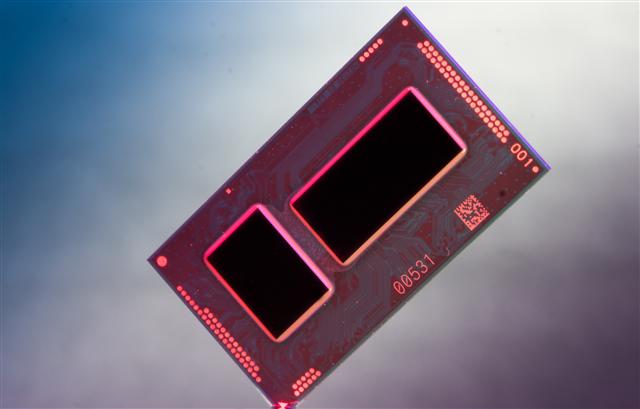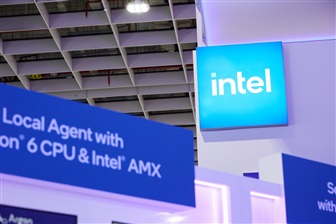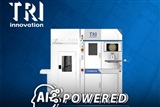
Intel has disclosed details of its newest microarchitecture that is optimized with its 14nm manufacturing process. Together these technologies will provide high-performance and low-power capabilities to serve computing needs and products from the infrastructure of cloud computing and the Internet of Things (IoT) to personal and mobile computing.
The Intel Core M processor is the first product to be manufactured using 14nm.
Intel claimed its architects and chip designers have achieved greater than two times reduction in the thermal design point when compared to a previous generation of processor while providing similar performance and improved battery life.

Samsung HKMG DDR5
Samsung Electronics has expanded its DDR5 DRAM memory portfolio with a 512GB DDR5 module...
Photo: Company

Nvidia GeForce RTX 30 series GPUs
Nvidia's GeForce RTX 30 series GPUs are powered by the company's Ampere architecture. The...
Photo: Company

Apple HomePod mini
Apple's HomePod mini is the newest addition to the HomePod family. At just 3.3 inches tall,...
Photo: Company

Apple 13-inch MacBook Pro with Magic Keyboard
Apple has updated the 13-inch MacBook Pro with the new Magic Keyboard for an improved typing...
Photo: Company

Apple iPad Pros
Apple's new iPad Pros comes with the latest A12Z Bionic chip, an ultra-wide camera, studio-quality...
Photo: Company
- Musk says chip capacity will decide winner of AI race (Mar 21) - EE Times
- Google taps MediaTek for cheaper AI chips (Mar 17) - The Information
- European project gets $260 million for HPC chip sovereignty (Mar 6) - EE Times
- The trouble with MAGA's chipmaking dreams (Mar 3) - Economist
- Automotive chips: Gloom and doom or boom by 2030? (Feb 14) - EE Times
- Deepseek is more Wall Street than Silicon Valley (Feb 3) - Culpium, by Tim Culpan
- Tech CEOs try to reassure Wall Street after DeepSeek shock (Jan 30) - Wall Street Journal
- TSMC to make chips for cryptominer Bitdeer at new US fab (Jan 17) - Culpium, by Tim Culpan
![]() Foxconn unit tests digital health strategy
Foxconn unit tests digital health strategyFoxconn has been promoting its "3+3+3" innovation strategy, positioning digital health as a core element...
![]() Trump and Intel
Trump and IntelHowever, Intel's continued financial struggles led to the replacement of former CEO Pat Gelsinger with Lip-Bu Tan, who recently found himself a target...

Humanoid robotics, 2025 - Market trends, critical components & strategic shifts
DIGITIMES believes that due to the high cost of hardware components, humanoid robots can hardly see rapid adoption across various...

Innolux deployments with Pioneer acquisition
Innolux to invest NT$33.7 billion to acquire Pioneer, a move driven by three key strategic initiatives to expand its automotive...

South Korea panel maker business status
South Korea's two major panel makers have made progress in restructuring their businesses and will continue to strengthen OLED...






